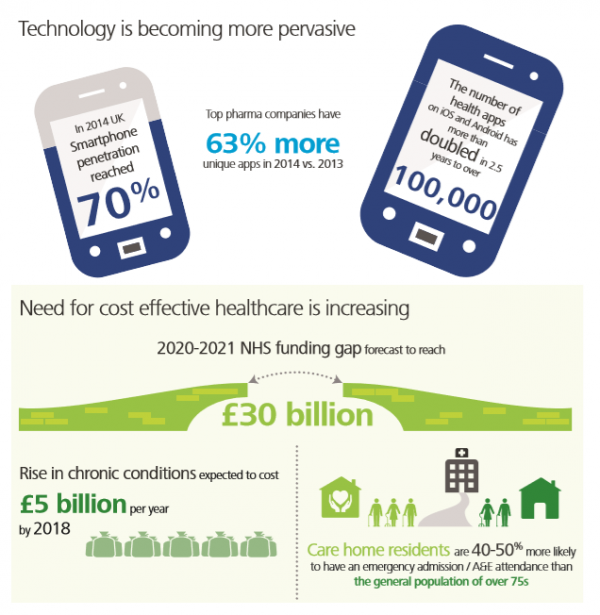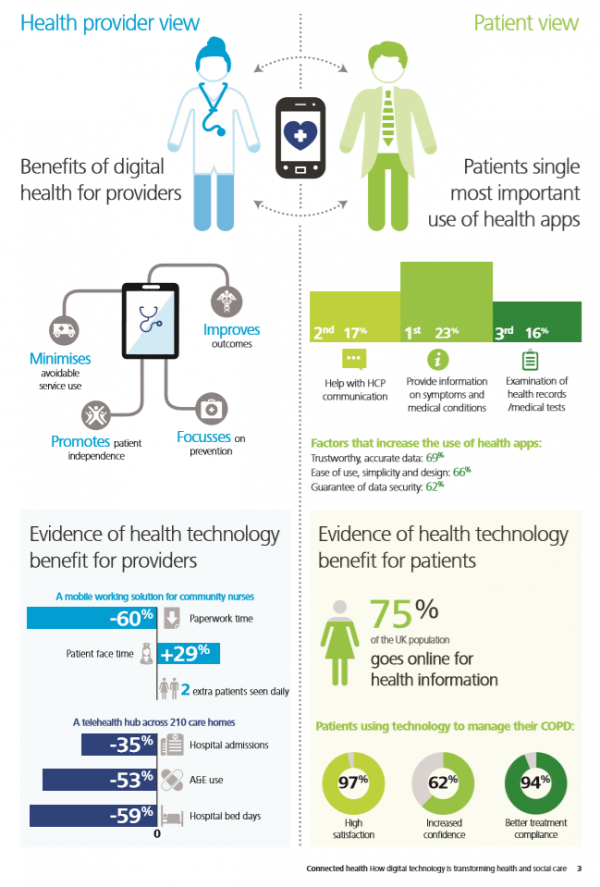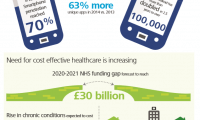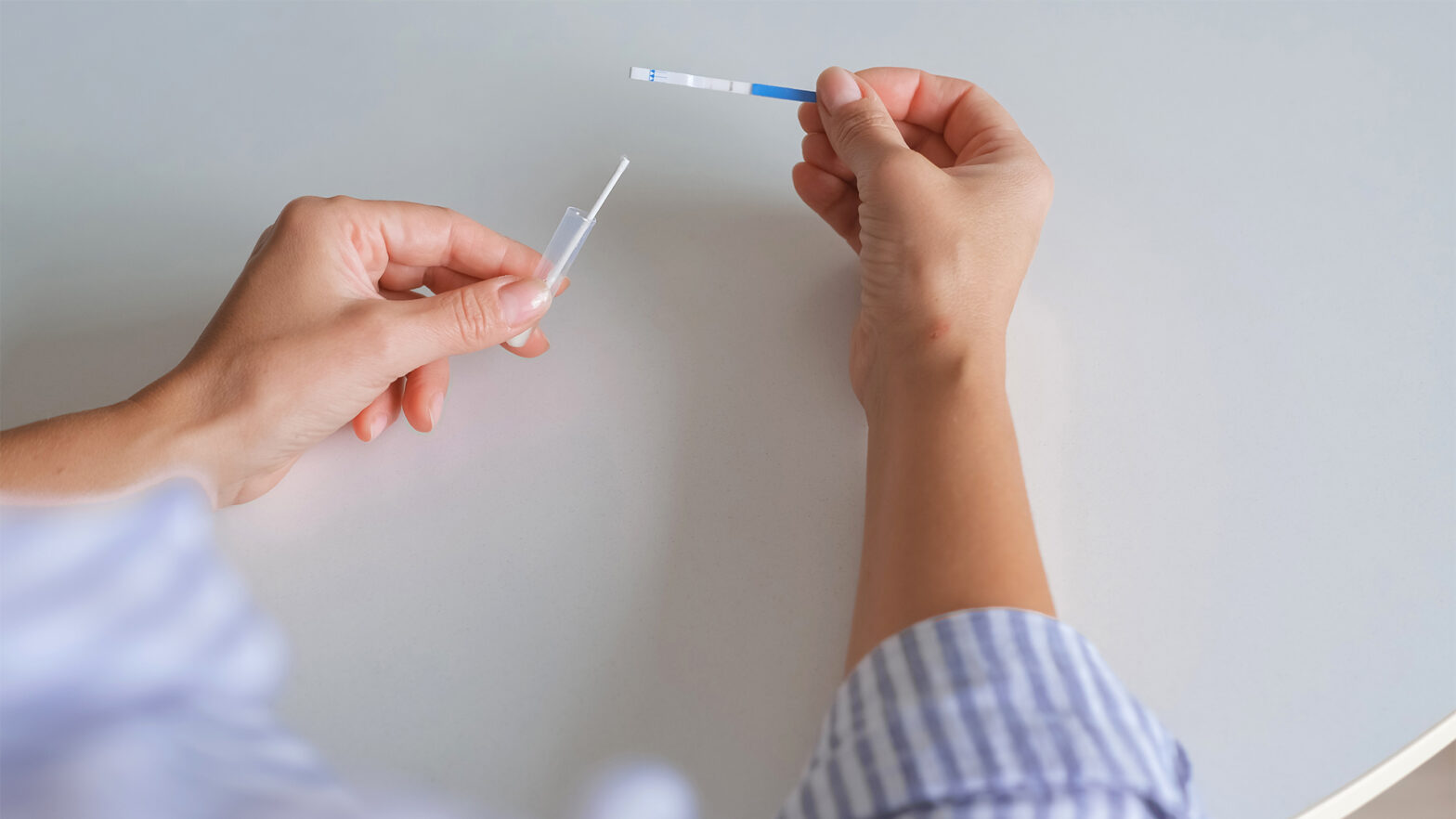
Mobile health (mHealth) is an attractive solution that leverages the ubiquity of mobile devices to address the prevalent problem of access to healthcare and rising costs writes Bonnie Roupe, Founder of Bonzun. According to the International Telecommunications Union, overall mobile penetration rates reached 96% globally in recent years, 128% in the developed world and 89% in the developing world. The growing rates of mobile adoption, coupled with the pressing challenge of finding alternative ways to reduce healthcare costs, provide a ripe opportunity to expand the mHealth market.
In fact, a PwC and GSMA study predicts that global mHealth revenues will increase by nearly six-fold to $23 billion by 2017. Most of the market share will be in Europe and the Asia-Pacific regions with 30% of share each, followed by North America with 28%. Latin America and Africa are expected to have smaller markets with estimated shares of 7% and 5% respectively.
Mobile is accelerating trends in healthcare
Three major trends already happening in healthcare lend themselves to the revolution in mobile technology:
– Ageing population: Ageing populations and chronic illness are driving regulatory reform. Public sector healthcare is seeking better access and quality, and it’s looking to the private sector for innovation and efficiency. mHealth improves access and quality, and offers dramatic innovation and cost reduction.
– Foundations already in place: The foundations of industrialisation of healthcare are already in place ‘ electronic medical records, remote monitoring and communications. ‘Care anywhere’ is already emerging. The platform for mHealth is set.
– Personalisation: Healthcare, like other industries, is getting personal. mHealth can offer personal toolkits for predictive, participatory and preventative care.
Source: pwc
Consumers adopting mobile/technology in to managing their health
The capabilities of apps and wearables are improving as a result of developments in technology. Developments are supported by the entry into the healthcare market by global technology companies such as Apple and Google, and by the involvement of pharmaceutical companies (which are among the most active publishers of health apps). Innovations in science and technology today will transform healthcare tomorrow, in areas such as middleware, digital imaging and improved digital sensors.

Problems with the current healthcare system
There is an urgent need to address chronic illnesses, such as diabetes, heart disease and stroke, particularly among minority populations. Mobile health (mHealth) approaches ‘ such as health-related apps and tools ‘ show great promise for achieving better health outcomes.
Smartphones are abundant even in low-income and minority households. In fact, 84% of low-income adults have a mobile phone and one in three mobile phone owners have used their phone to look up health information.
Billions of Dollars are Being Wasted
A report by the Institute of Medicine Health suggests a third or more of health costs are wasted. The cost of these unnecessary, harmful early elective deliveries was estimated in a study in the American Journal of Obstetrics and Gynecology to be nearly $1 billion per year. Studies suggest that reducing the rate of these deliveries to a reasonable number could eliminate as many as one-half million NICU days, which could lower health costs. But this would force hospitals to take a big financial hit. There has always been a big lack of transparency.
Bonzun launched the World’s first pregnancy symptom and test tracker app in the UK this month, after over 800,000 downloads since launching in China last year. The Bonzun app offers the latest pregnancy research and health advice which hasn’t yet been released into the mainstream yet. Swedish Bonnie Roupe has seen how the app has helped women in China and now she wants to use the app to reduce preventable health complications and deaths worldwide.


















